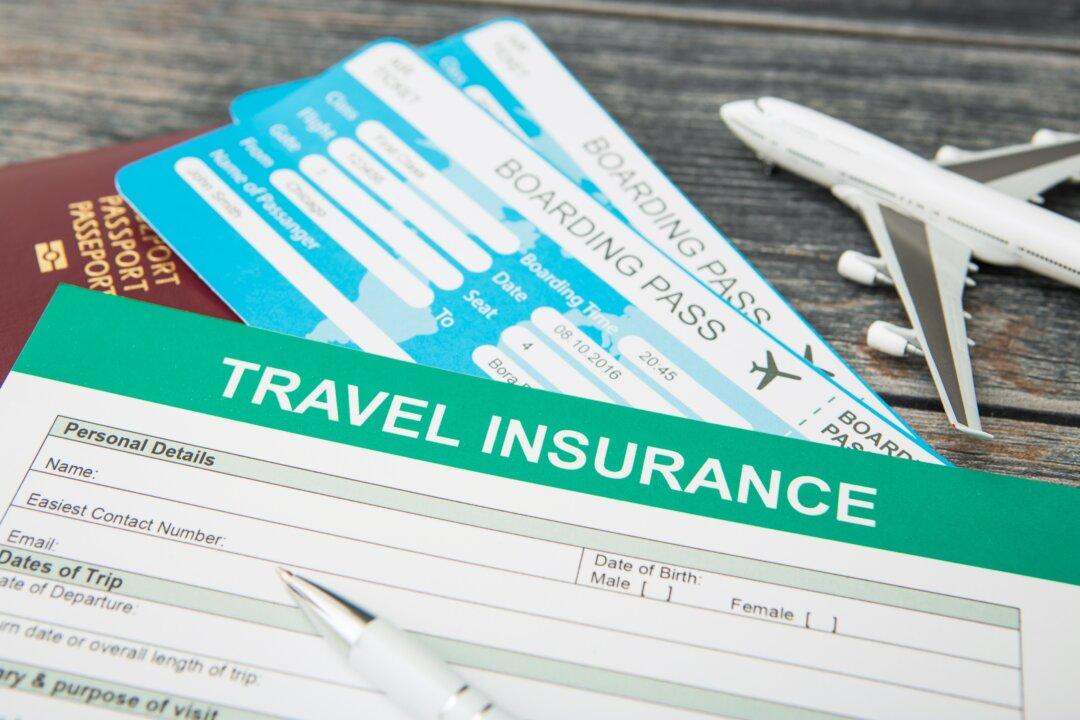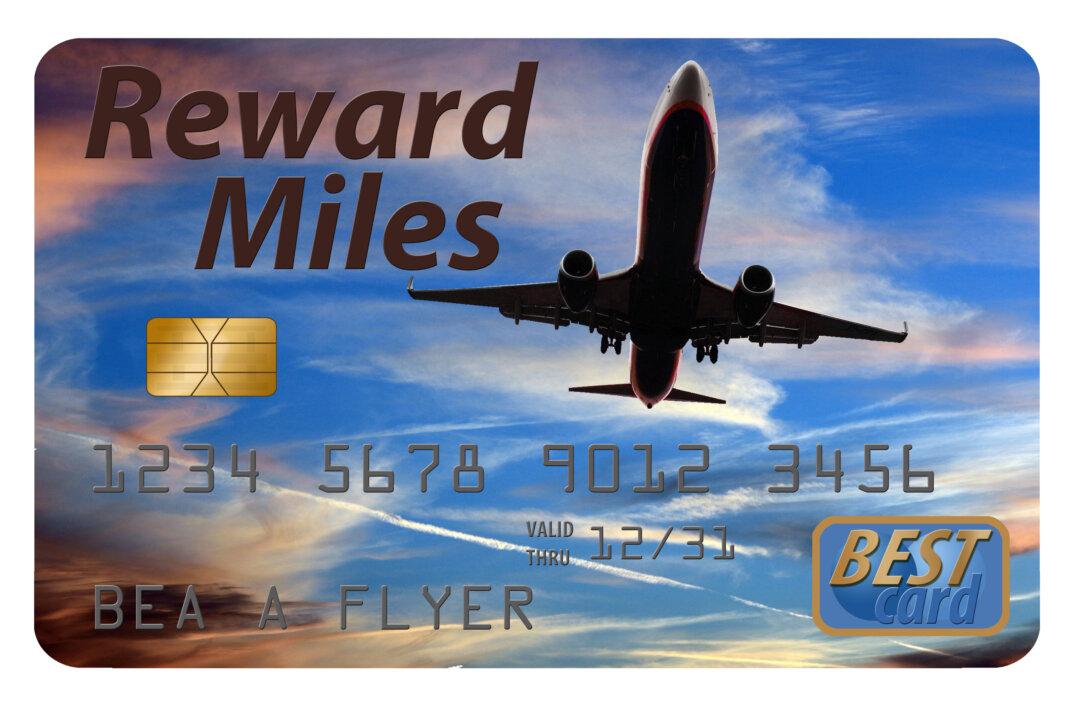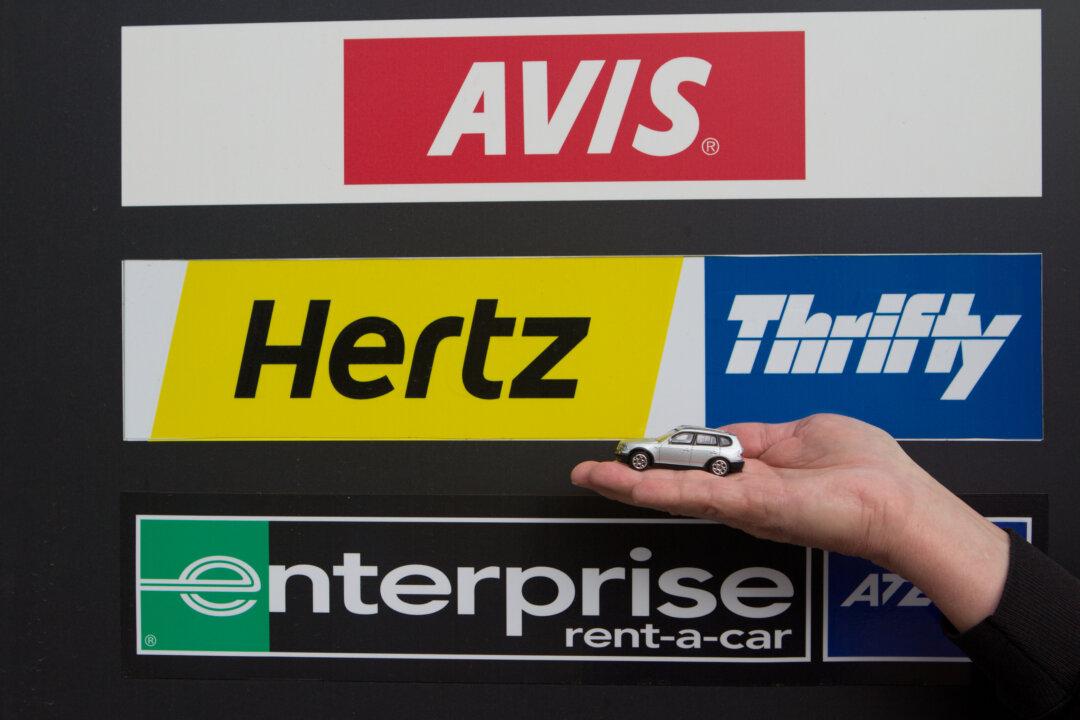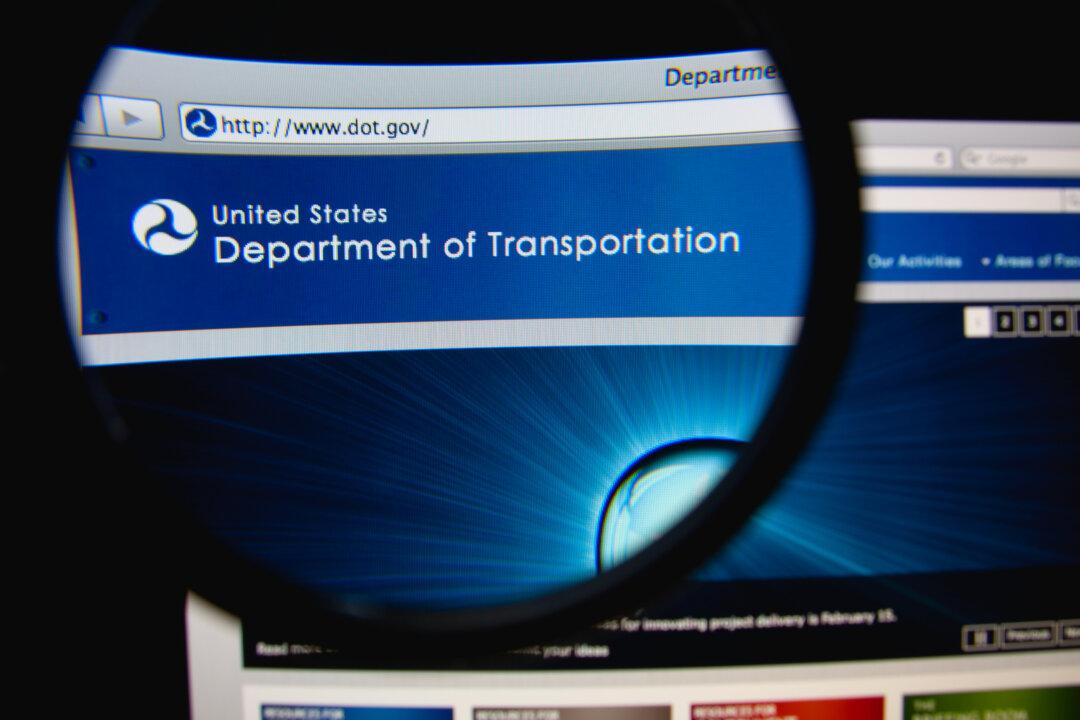If you travel a lot, chances are at some point a travel supplier will owe you money. Maybe the obligation is not in doubt—where a refund or payment return is clear based on either laws and regulations or the terms of a contract. That may be no problem. All you need to do is remain patient: after an unnecessarily long wait for the supplier’s bureaucratic processes, the supplier credits your card account or cuts you a check.
On the other hand, a supplier may fail to refund you or deliver on what it promised and what you paid for—and stonewall your legitimate claim. As I noted in an earlier post, the contract you accept when you buy a travel service is stacked against you. Getting redress is not easy—but it’s often possible.
Everyone agrees that the first step is to go as far as you can directly with the supplier. If the supplier’s nominal customer support system doesn’t help, go to the top: My Tribune colleague Chris Elliott publishes detailed company management addresses and contact information for a wide range of travel suppliers at elliott.org. But if those efforts prove fruitless, you need outside help.
Credit Card Dispute
Over the years, I’ve observed that the best way to get money out of a recalcitrant supplier is to dispute your credit card payment. In general, laws require credit card issuers to refund payments you made for a service you didn’t receive. Just follow the issuer’s instructions. But this approach applies mainly to services you actually did not receive. It is much less likely to help if you received and used a service but found it unsatisfactory. And, of course, it doesn’t work if you paid cash—something you should rarely if ever do for a big-ticket service.





